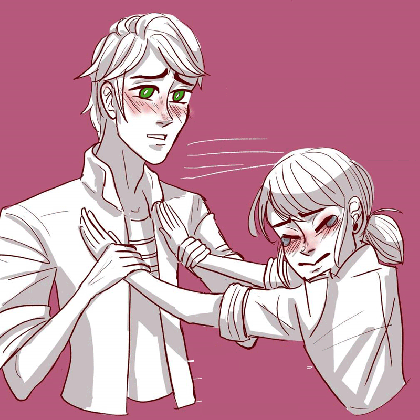Ending Self-Sabotage in Your Relationships
Have you ever noticed yourself withdrawing just when things start to feel good in your relationship? Or do you find yourself starting conflicts when closeness feels too overwhelming? If so, you’re not alone. Many people unknowingly fall into patterns of self-sabotage in relationships, driven by fear, past hurts, or low self-worth.
The positive news is that you can learn to spot these patterns and take steps to break free, allowing you to cultivate the secure and connected relationship you deserve.
Understanding Self-Sabotage in Relationships
Self-sabotage occurs when your actions, often unconscious, work against the love and security you want. These actions might include:
- Picking unnecessary fights
- Doubting your partner’s commitment without reason
- Avoiding emotional closeness
- Overthinking and assuming the worst
- Pushing your partner away during moments of connection
These patterns often develop from fears of rejection, discomfort with vulnerability, or old emotional wounds that shape how you engage with others.
Signs You May Be Sabotaging Your Relationship
Here are some indicators that you may be engaging in self-sabotaging behaviours:
- You fear abandonment, even when your partner shows commitment.
- You distance yourself when you start feeling emotionally close.
- You often find reasons to criticise your partner.
- You create tension when things are calm because calmness feels unfamiliar.
- You avoid expressing your needs, then feel resentful when they aren’t met.
- You struggle to receive kindness or compliments.
- You shut down or withdraw instead of talking through conflicts.
If you see yourself in these examples, it may be time to gently explore these patterns and their origins.
Why Do We Fall Into Self-Sabotage?
Some common reasons include:
- Fear of Being Vulnerable: Letting someone in feels risky if you’ve been hurt before.
- Low Self-Respect: Feeling undeserving of love may lead to testing or rejecting your partner’s affection, as well as making poor relationship choices.
- Attachment Wounds: Childhood experiences with inconsistent care can make you expect inconsistency in adult relationships.
- Fear of Rejection: You may distance yourself to avoid potential hurt, feeling it’s safer to push away first.
Steps to Stop Self-Sabotaging Your Relationships
1. Build Awareness of Your Patterns
Start by noticing when you engage in sabotaging behaviours. Consider journaling:
- What situation triggered your reaction?
- What fear or thought came up?
- How did you respond?
Recognising these moments helps you pause and choose a different response.
2. Identify Triggers and Underlying Core Beliefs
Ask yourself:
- What am I afraid will happen if I allow myself to get close?
- Do I believe I am not worthy of love?
Understanding these core beliefs can help you address the root causes of your behaviours.
3. Communicate Your Feelings
If you feel the urge to withdraw or argue, pause and express what’s happening internally:
“I feel scared about how close we are getting, and I’m worried I might push you away.”
Also take the time to listen to your partner and how they are feeling.
Open, honest conversations reduce the fear-driven impulse to sabotage, allowing for deeper connection.
4. Challenge Negative Thoughts
When you think:
- “They’re going to leave me.”
- “They don’t really care about me.”
Pause and ask:
- Is this thought true?
- What evidence do I have that suggests a different perspective?
5. Practise Self-Compassion
These patterns once protected you but may no longer serve you now. Be kind to yourself as you learn to respond differently.
6. Seek Support
Working with a therapist can help you explore deeper fears and attachment patterns and give you tools to build healthier, secure relationships.
Moving Forward
Self-sabotage is a common but changeable pattern. With consistent self-awareness and small steps towards openness and vulnerability, you can transform your relationships into spaces of safety and connection.
Remember:
- Self-awareness brings choice.
- Vulnerability fosters trust.
- Kindness towards yourself creates lasting change.
You deserve to experience a relationship where you can give and receive love safely. And tips on how to maintain happiness in a relationship are important when you have found the right person.
Take Your First Step
This week, choose one small change to begin shifting your patterns. Pause before reacting, journal about your feelings, or share one fear with your partner. These small steps can lead to meaningful changes in your relationship dynamic and help you move towards the connection you truly desire.



















